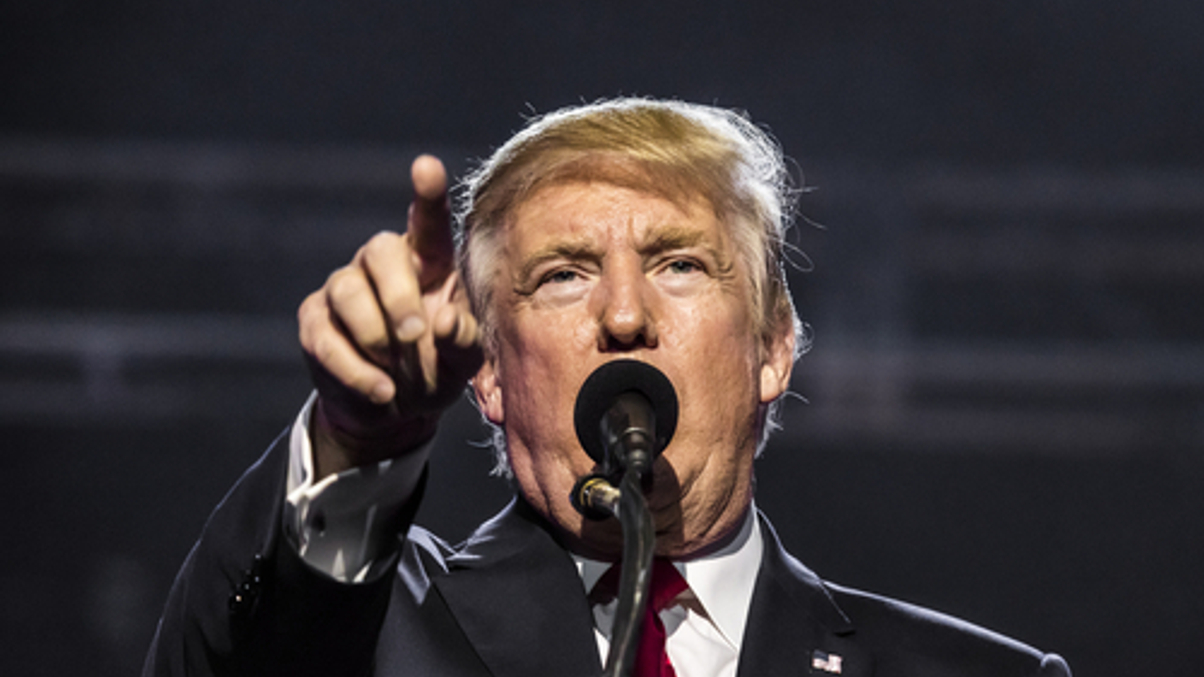Geopolitical risk is “no. 1” concern for investors
And asset owners are right to be worried about the impact of certain events on portfolios, according to research from State Street Global Investors.

Geopolitical issues are an ever-lurking danger to investor wealth but with a trigger-happy president in charge of the world's biggest economy, seemingly hell-bent on upsetting existing trade and political relations, the risks have rarely been as rife in the post-World War II era as they are now.
Sign in to read on!
Registered users get 2 free articles in 30 days.
Subscribers have full unlimited access to AsianInvestor
Not signed up? New users get 2 free articles per month, plus a 7-day unlimited free trial.
¬ Haymarket Media Limited. All rights reserved.


